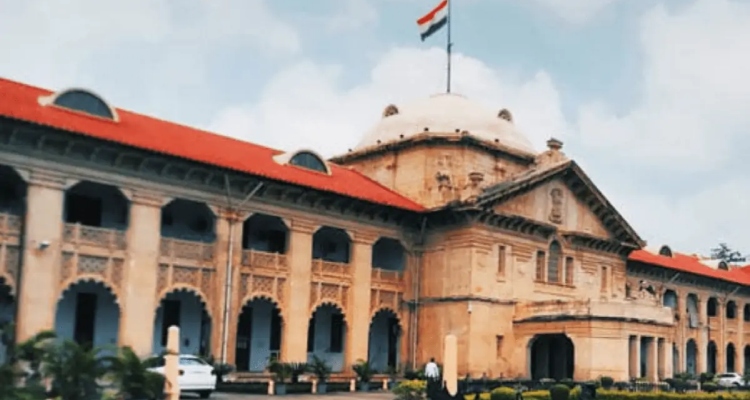
Denying bail to an individual accused of illegal conversion, the Allahabad High Court clarified that while the Constitution allows citizens to freely profess, practice, and propagate their religion, it “cannot be extended to construe a collective right to proselytize” or convert others.
Justice Rohit Ranjan Agarwal issued this ruling while rejecting the bail plea of Shriniwas Rav Nayak from Maharajganj, who was charged under sections 3 and 5 (1) of the Uttar Pradesh Prohibition of Unlawful Conversion of Religion Act, 2021.
Court’s Observation
The court emphasized that the Constitution guarantees an individual’s right to freedom of conscience, allowing each person to choose, practice, and express their religious beliefs. However, this right does not extend to collectively attempting to convert others to one’s religion. The court stated, “The right to religious freedom belongs equally to the person converting and the individual sought to be converted.”
According to the case, on February 15, 2024, the informant was invited to Vishwanath’s house, where many villagers, primarily from the Scheduled Castes community, had gathered. Vishwanath’s brother Brijlal, the applicant Shriniwas, and Ravindra were also present. They allegedly encouraged the informant to leave Hinduism and convert to Christianity, promising relief from pain and a better life. While some villagers converted and began praying, the informant escaped and reported the incident to the police.
More Into The Matter
Shriniwas’s counsel argued that he had no involvement in the alleged conversion and was merely a domestic help for one of the co-accused from Andhra Pradesh. He claimed that Shriniwas had been falsely implicated and that no one who converted to Christianity had filed a complaint.
Conversely, the state counsel maintained that a case under the anti-conversion Act of 2021 was valid against Shriniwas. He stated that Shriniwas had come to Maharajganj and actively participated in the illegal conversion activities.
The court noted that Section 3 of the 2021 Act prohibits conversion through misrepresentation, force, fraud, undue influence, coercion, and allurement. Considering the allegations, the court found sufficient grounds to deny bail, as it was evident that a conversion program was in progress and many Scheduled Castes villagers were being converted from Hinduism to Christianity.




